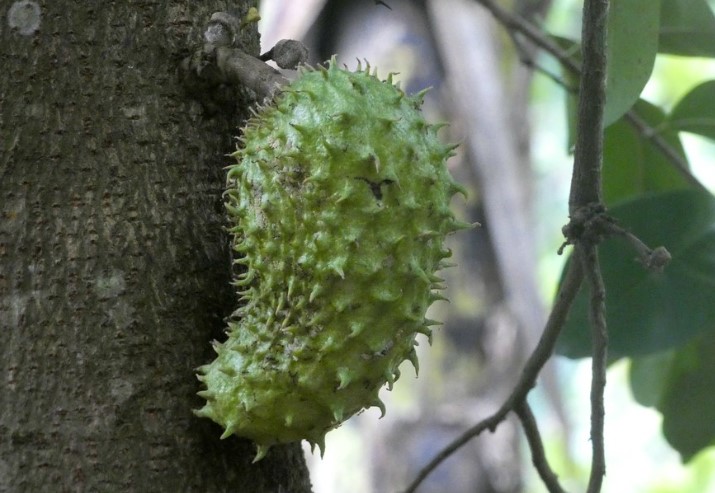Stemonitis axifera is a species of slime mold, and its fruits in clusters on dead wood, and has distinguishing tall reddish-brown sporangia, supported on slender stalks. This species was first described as Trichia axifera by Jean Baptiste François Pierre Bulliard in 1791. Thomas Huston MacBride transferred it to the genus Stemonitis in 1889. Stemonitis fasciculata and Stemonitis smithii are synonyms.
Stemonitis axifera requires almost 20 hours finishing making its fruit bodies. Out of this 8 hours are required for induction of the sporangia and the development of the stalk and the columella. So 6 hours more for the sporocarps to yield pigment and mature, and an additional 6 hours for the spores to be discharged. The slime mold grows on decaying wood when the fruit bodies contain milky white sporangia. They are a favored food source for Philomycus slugs.
Also Read: Blueberries A Super Fruit, Everyone Like to Grow



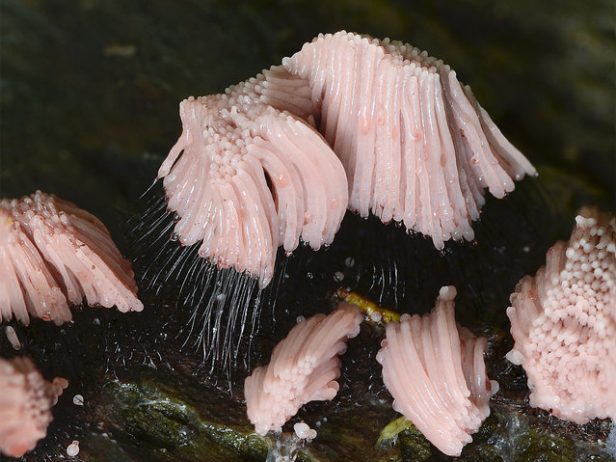
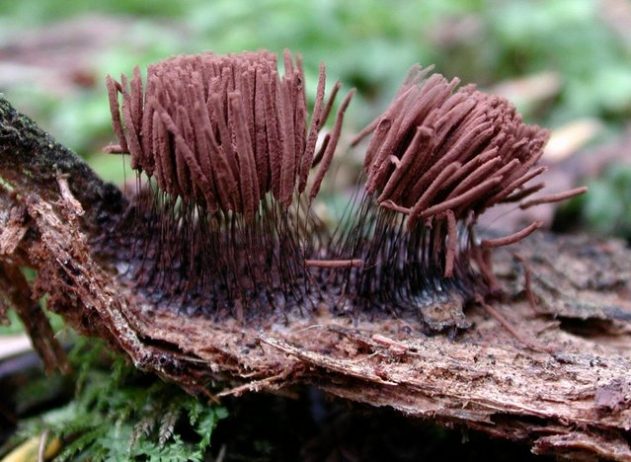
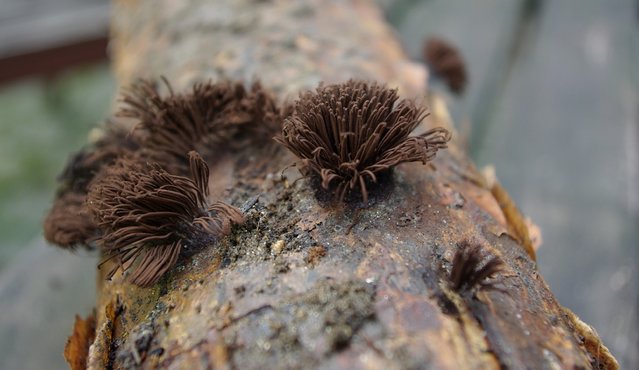


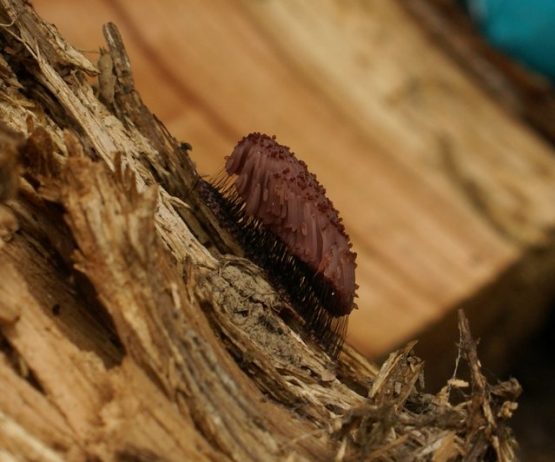

 Source: Wikipedia and Avaxnews
Source: Wikipedia and Avaxnews




